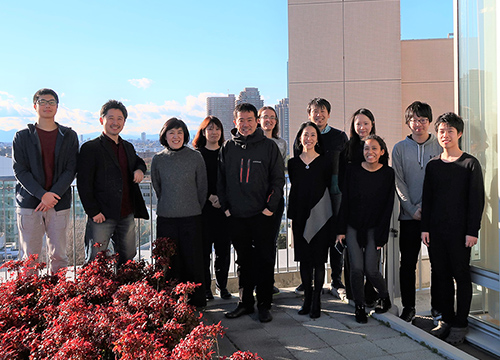
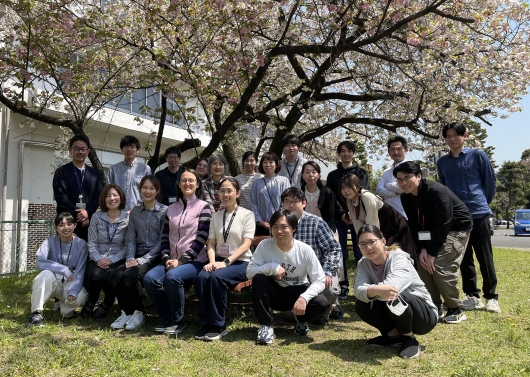
Ken J. Ishii, M.D., Ph.D.

| 2003 | Ph.D., Graduated School of Medicine, Yokohama City University,Kanagawa, Japan |
|---|---|
| 1987-1993 | M.D., School of Medicine, Yokohama City University, Kanagawa, Japan |
| 2019 – present | Professor, Division of Vaccine Science, Department of Microbiology and Immunology, The Institute of Medical Science, The University of Tokyo (IMSUT), Tokyo, Japan |
|---|---|
| 2019 – present | Director, International Vaccine Design Center, The Institute of Medical Science, The University of Tokyo (IMSUT), Tokyo, Japan |
| 2017 – 2018 | Director, Center for Vaccine and Adjuvant Research (CVAR), National Institutes of Biomedical Innovation, Health and Nutrition (NBIOHN), Osaka, Japan |
| 2010 – 2018 | Project Leader, Lab. of Adjuvant Innovation, National Institutes of Biomedical Innovation, Health and Nutrition (NBIOHN), Osaka, Japan |
| 2010 – 2018 | Professor, Lab. of Vaccine Science, Immunology Frontier Research Center (IFREC), Osaka University,Osaka, Japan |
| 2015-2017 | Director, Dep. of Research Promotion, Japan Agency for Medical Research and Development (AMED),Japan |
| 2007-2010 | Associate Professor, Lab. of Host Defense, IFREC, Osaka University |
| 2006-2010 | Associate Professor, Dep. of Molecular Protozoology, Research Institute for Microbial Diseases,Osaka University, Japan |
| 2003-2008 | Director, Dep. of Research Promotion, Japan Agency for Medical Research and Development (AMED), Japan |
| 1996-2003 | Postdoc (-2000) Staff Scientist (2000-2003), IND primary reviewer (2000-2003), Office of Vaccine Research and Review (OVRR), Center for Biologics and Evaluation Research (CBER), Food and Drug |
| 1995-1996 | Anesthesiologist, Yokohama City Municipal Hospital, Kanagawa, Japan |
| 1993-1995 | Resident, School of Medicine, Yokohama City University (YCU), Kanagawa, Japan |
| 2019 | 22nd Japanese Society of Immunology Award |
|---|---|
| 2014 | 32nd Osaka Science Prize |
| 2010 | Tagata Isamu memorial vaccine research award |
| 2008 | Japanese Society of Immunology, Young Investigator Award |
| 2010 –present | Organizer, Secretary for Japanese Consortium for Adjuvant Research |
|---|---|
| 2012 –present | Trustee, The Japanese Society of Vaccinology |
| 2012 –present | Councilor, Japanese Society for Immunology |
| 2012-2015 | Scientific committee, International Society of Vaccine (ISV) |
| 2012 | Organizer, 34th Naito Conference |
| 2017 –present | Advisor for Science and Technology, AMED, Japan |
|---|---|
| 2016 | Advisory Board, International Vaccine Institute, Seoul, Korea |
| 2012-2014 | Scientific advisory board, PMDA, MHLW, Japan |
| 2008-2016 | Specialty Advisor, PMDA, MHLW, Japan |
| 2008-2010 | Program Officer, MEXT Japan |
| 2016 | Highly cited researcher 2016 (Clarivate Analytics) |
|---|---|
| 2015 | Highly cited researcher in Thomson Reuters 2015 |
| 2014 | 32th Osaka Science Prize |
| 2014 | Highly cited researcher in Thomson Reuters 2014 |
| 2012 | ‘Thinking inside the box award’ DNA vaccines 2012 |
| 2010 | Isamu Tagaya Memorial Vaccine Research Award |
| 2008 | Japanese Society of Immunology, Young Investigator Award |
| 2007 | ‘Rising star in Immunology’(Sep 2007) Thompson Reuter’s ISI |
Hideo Negishi, Ph.D.

| 2006 | Ph.D., Graduate School of Medicine, The University of Tokyo, Tokyo, Japan |
|---|
| 2019 – present | Lecturer, Division of Vaccine Science, Department of Microbiology and Immunology, The Institute of Medical Science, The University of Tokyo, Tokyo, Japan |
|---|---|
| 2012 -2019 | Assistant Professor, Department of Molecular Immunology, Institute of Industrial Science,, The University of Tokyo, Tokyo, Japan |
| 2008 -2012 | Assistant Professor, Department of Immunology, Graduate School of Medicine, The University of Tokyo, Tokyo, Japan |
| 2006 -2008 | Postdoctoral fellow, Department of Immunology, Graduate School of Medicine, The University of Tokyo, Tokyo, Japan |
From three perspectives, I am trying to reveal and regulate the unknown mechanisms of immune responses.
1. Elucidation and application of new biological defense and antiviral response activation mechanism (research and development)
During the infection, the pathogen component activates the innate immune responses, which leads to the activation of the adaptive immune response. In this primary response, humoral factors such as cytokines are produced. Among these cytokines, type I IFN especially plays a critical role for antiviral response. We have identified a compound that strongly incudes type I IFN from artificial compounds. Some compounds can be taken orally. From there, I am continuing to elucidate the mechanism of activation of new immune responses, as well as antiviral agents that can deal with a wide range of viruses including unknown viruses by activating immune responses, and as a new type of vaccine adjuvant. We are looking for a way to develop the compound of.病原体に感染すると、病原体成分によって自然免疫応答が活性化し、その後、適応免疫応答の活性化へと繋がります。この最初の応答の中でサイトカインと呼ばれる液性因子の産生が起こります。サイトカインの中でも特にI型IFNは抗ウイルス応答に重要です。我々は人工的な化合物の中から、このような応答を強く活性化する化合物を同定しました。中には経口摂取が可能な化合物も含まれます。そこから、新しい免疫応答の活性化メカニズムの解明を進めるとともに、免疫応答を活性化することで未知のウイルスを含めた広範なウイルスへ対処できる抗ウイルス剤、さらには新しいタイプのワクチンアジュバントとして、これらの化合物を発展させる道を模索しています。
2. Infectious disease drug discovery based on a new principle (drug development)新たな原理に基づいた感染症創薬(薬剤開発)
We are advancing drug discovery research from two perspectives as infectious disease drug discovery. One is the inhibition of the entire transcriptional mechanism of pathogens. Many pathogens control gene expression with primitive and few molecules. We are advancing research and development of drugs that inhibit the entire transcription of pathogens by inhibiting the mechanism. The other is the inhibition of specific transcriptional mechanisms that control the immune response. Overreaction of the immune response leads to worsening of the condition. Also, depending on the type of infection or illness, there are types of immune responses that can be beneficial or detrimental to the body. Such an immune response is the opposite of pathogens, and gene transcription is complicatedly regulated by various molecules. Therefore, we are advancing research and development of drugs that inhibit only specific transcriptions and suppress only adverse responses.感染症創薬として2つの観点から創薬研究を進めています。1つは、病原体の転写機構全体の阻害です。多くの病原体は原始的、かつ、少ない分子によって、遺伝子の発現を制御しています。その機構を阻害することで、病原体の転写全体を阻害してしまう薬剤の開発研究を進めています。もう1つは、免疫応答を制御する特定の転写機構の阻害です。免疫応答の過応答は病態悪化に繋がります。また、感染症や病気の種類によって、生体に有益または不利益に働く免疫応答の種類があります。このような免疫応答は、病原体とは逆で、様々な分子によって複雑に遺伝子の転写が制御されています。そのため、特定の転写に限定して阻害し、不利益な応答だけを抑制する薬剤の研究開発を進めています。
3. Elucidation of the control mechanism of immune response (basic research)免疫応答の制御機構の解明(基礎研究)
As basic research, we are promoting the identification of genes important for immune response and the elucidation of their mechanisms. Some mice are highly susceptible to influenza virus infection and cancer. Elucidation of such genes and mechanisms is expected to contribute to the establishment of control methods for immune responses and the development of vaccine adjuvants.我々は、基礎研究として免疫応答に重要な遺伝子の特定とその機構の解明を推進しています。その中には、インフルエンザウイルス感染、がんに対して強い感受性を示すマウスもいます。このような遺伝子や機構の解明は、免疫応答の制御法確立やワクチンアジュバントの開発に資すると期待しています。
For us, “interest is justice” and the greatest cause. If you are interested, please feel free to contact us. It is also encouraging. The laboratory accommodates various people such as graduate students, undergraduate students, internship students, and corporate researchers.我々にとって「興味は正義」であり最大の大義名分です。 ご興味を持たれた方はお気軽にご連絡ください。励みにもなります。 研究室は大学院生、学部生、インターン生、企業の研究員など色々な方に対応しています。
Burcu Temizoz, Ph.D.

| 2018 | Ph.D., Graduate School of Frontier Biosciences, Osaka University, Osaka, Japan |
|---|---|
| 2015 | Master of Science, Graduate School of Frontier Biosciences, Osaka University, Osaka, Japan |
| 2012 | Bachelor of Molecular Biology and Genetics, Izmir Institute of Technology, Izmir, Turkey |
| 2019 – present | Assistant Professor, Division of Vaccine Science, Department of Microbiology and Immunology, The Institute of Medical Science, The University of Tokyo, Tokyo, Japan |
|---|---|
| 2018 -2019 | Specially Appointed Assistant Professor, Laboratory of Vaccine Science, Immunology Frontier Research Center (IFREC), Osaka, Japan |
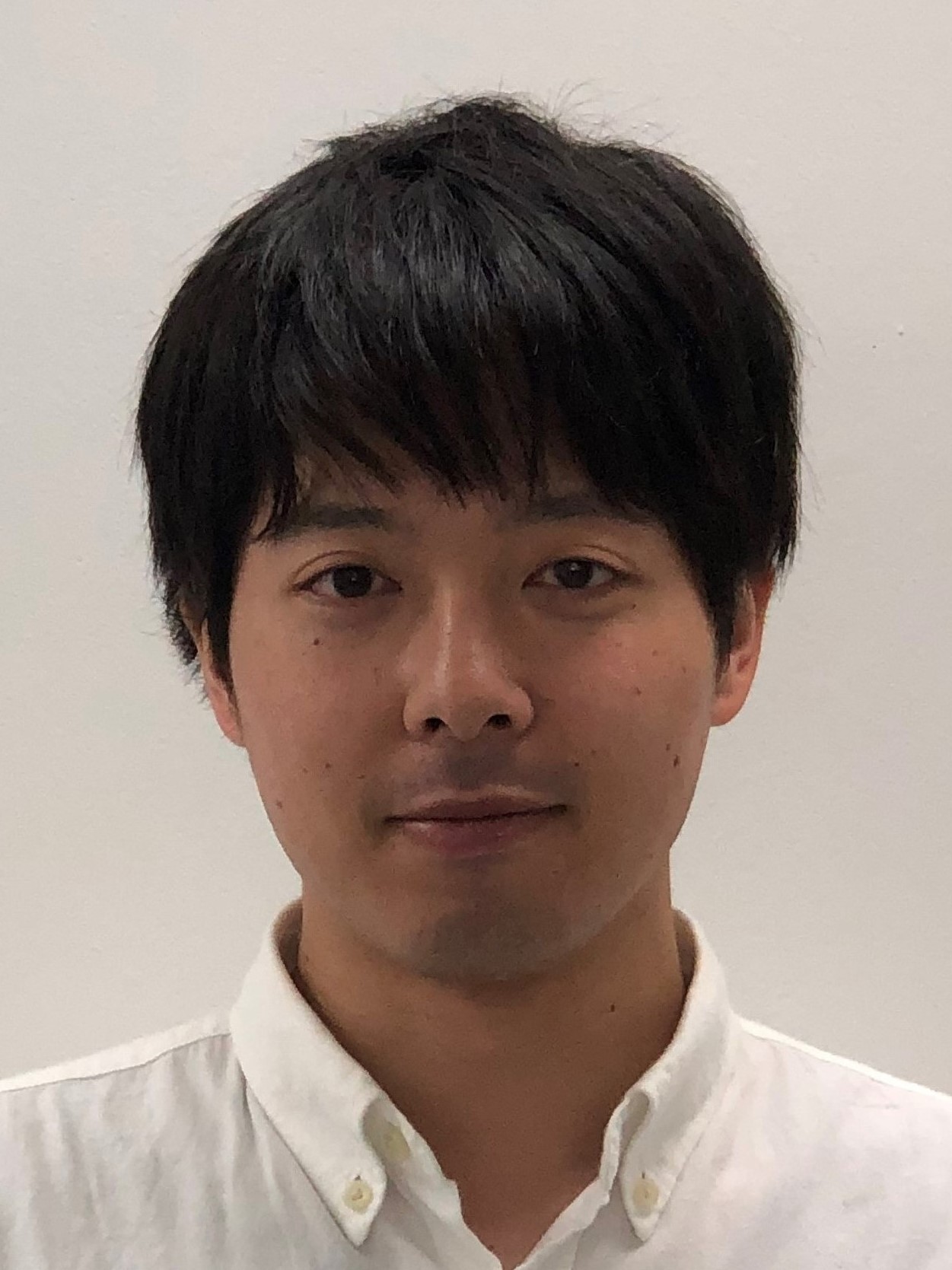
Tomoya Hayashi, Ph.D.

Kaiwen Liu, Ph.D.
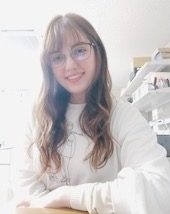
Areej Sakkour, Ph.D.
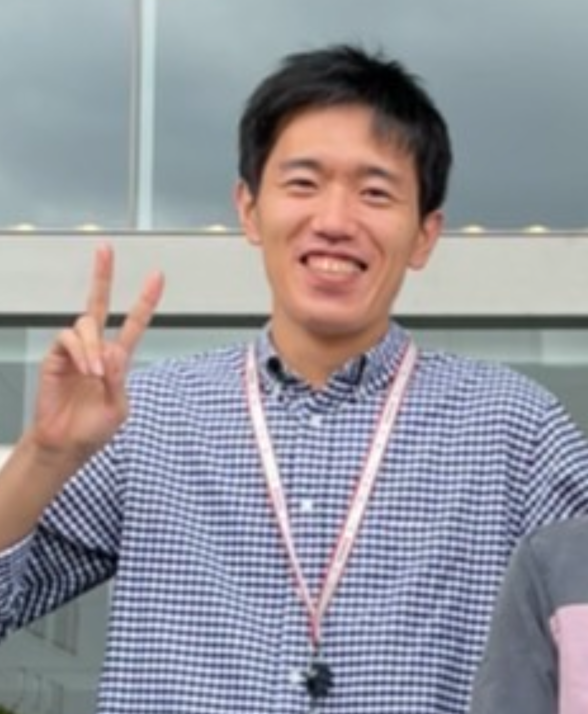
Yuya Yoshioka, Ph.D.
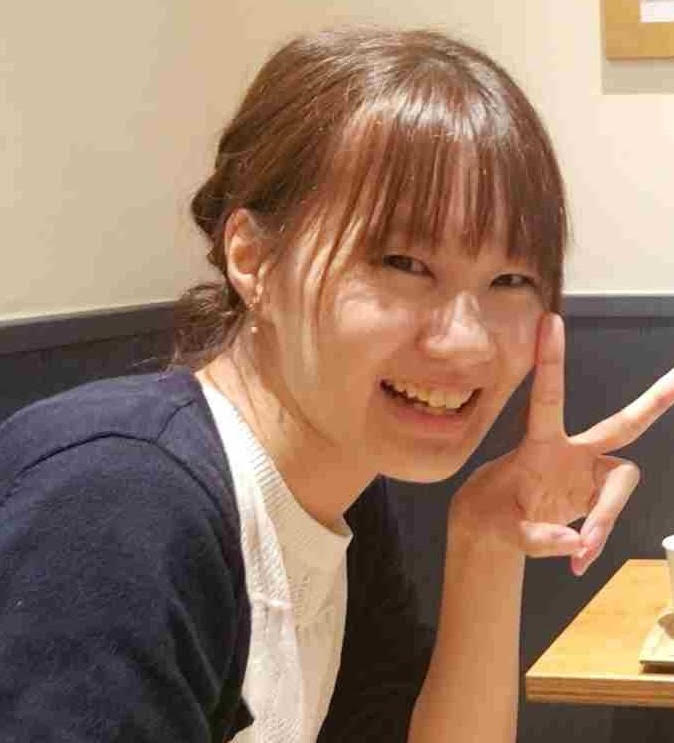
Anri Nishinaka, Ph.D.
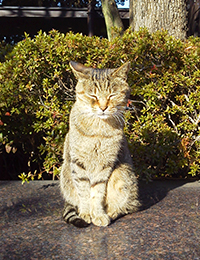
Naomi Sato
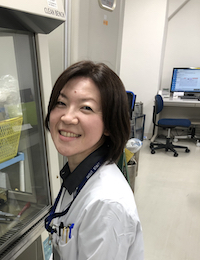
Mizuho Yamashita
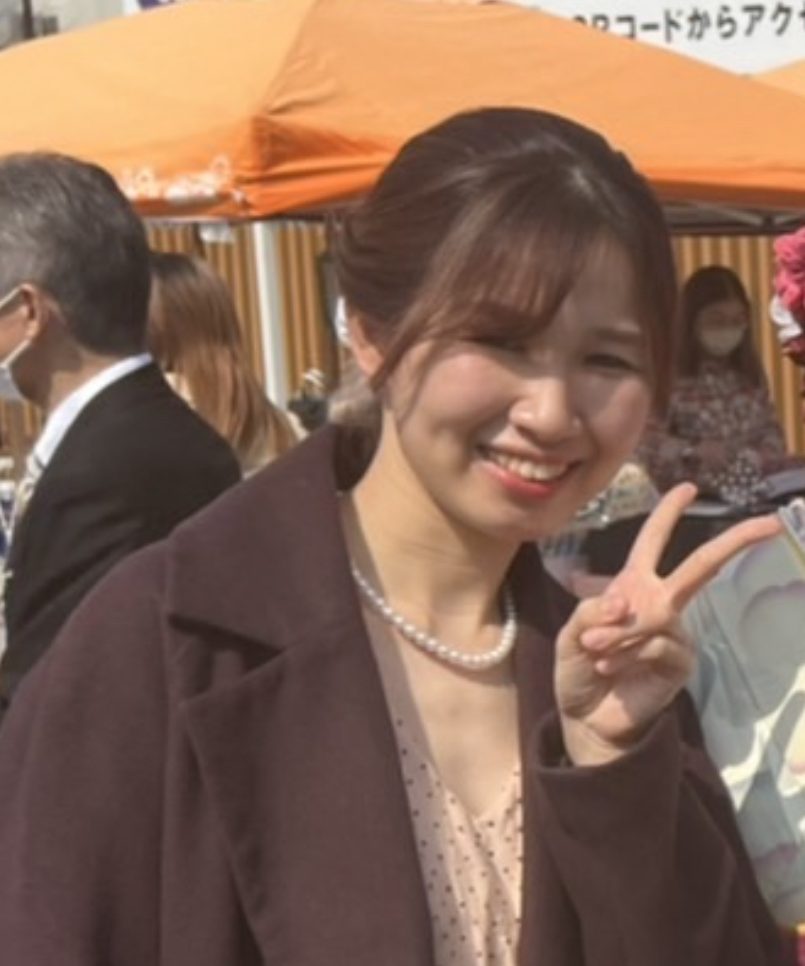
Mina Kurosawa

Ayane Takao
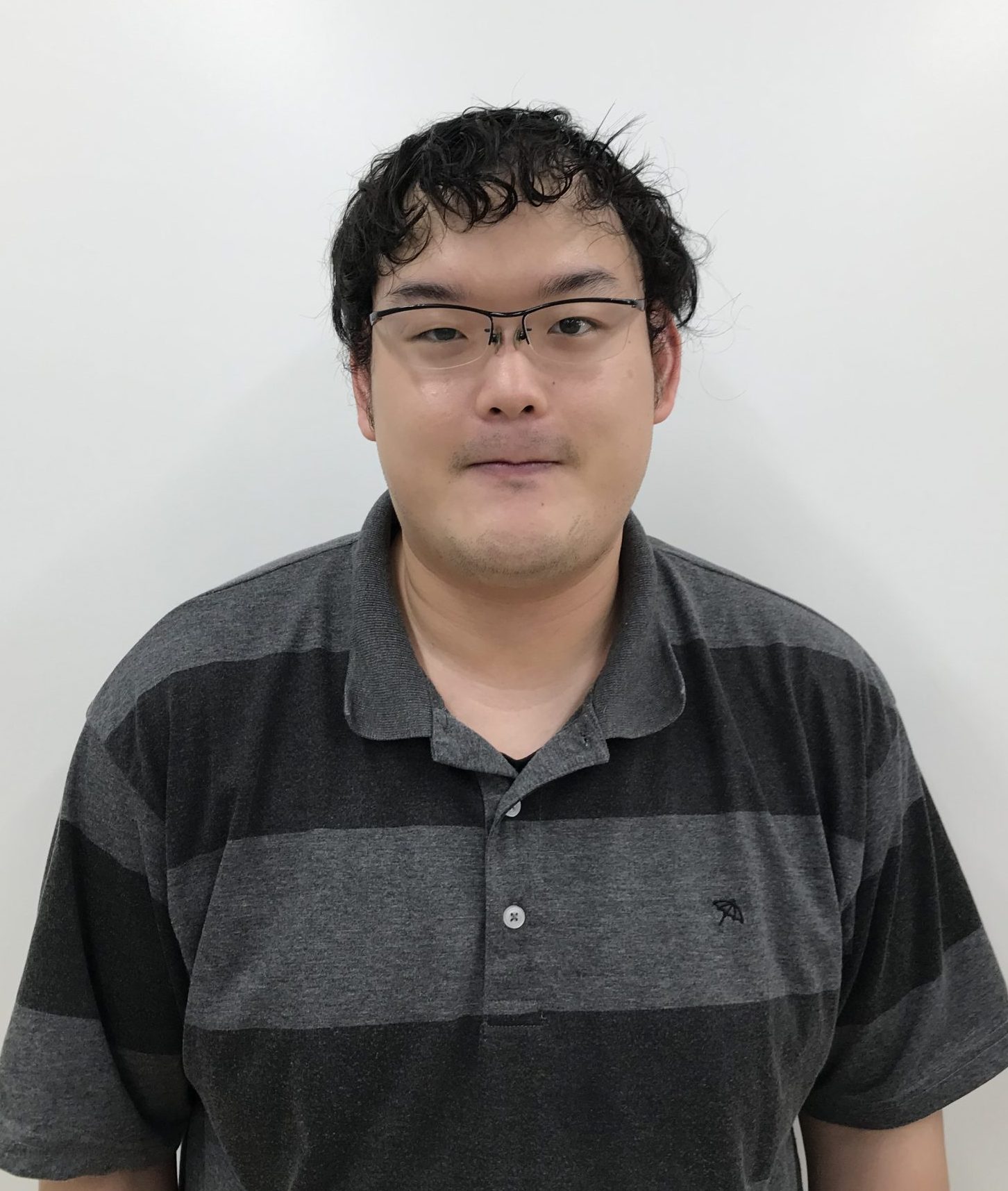
Kazunori Sasaki
Yuki Hirota
Yuji Baba
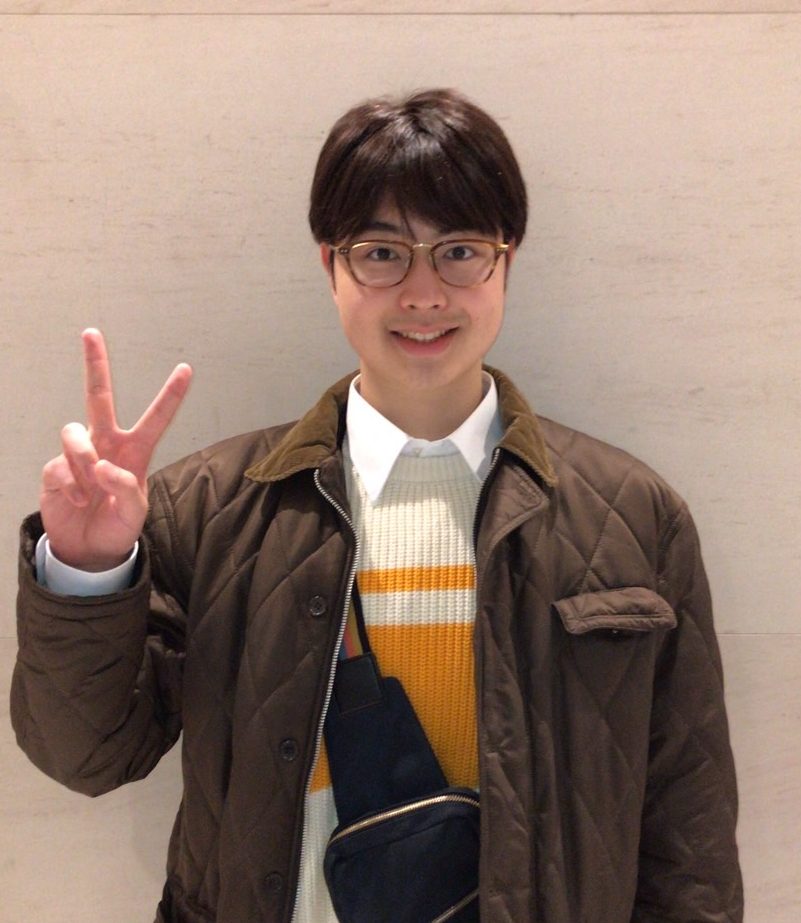
Shuntaro Shimizu
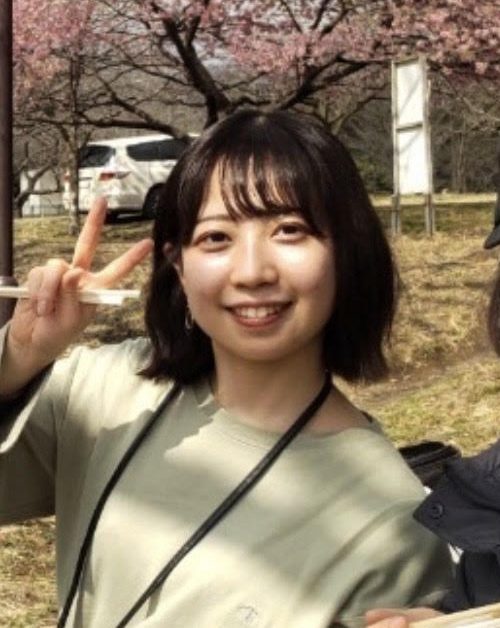
Mai Onaga
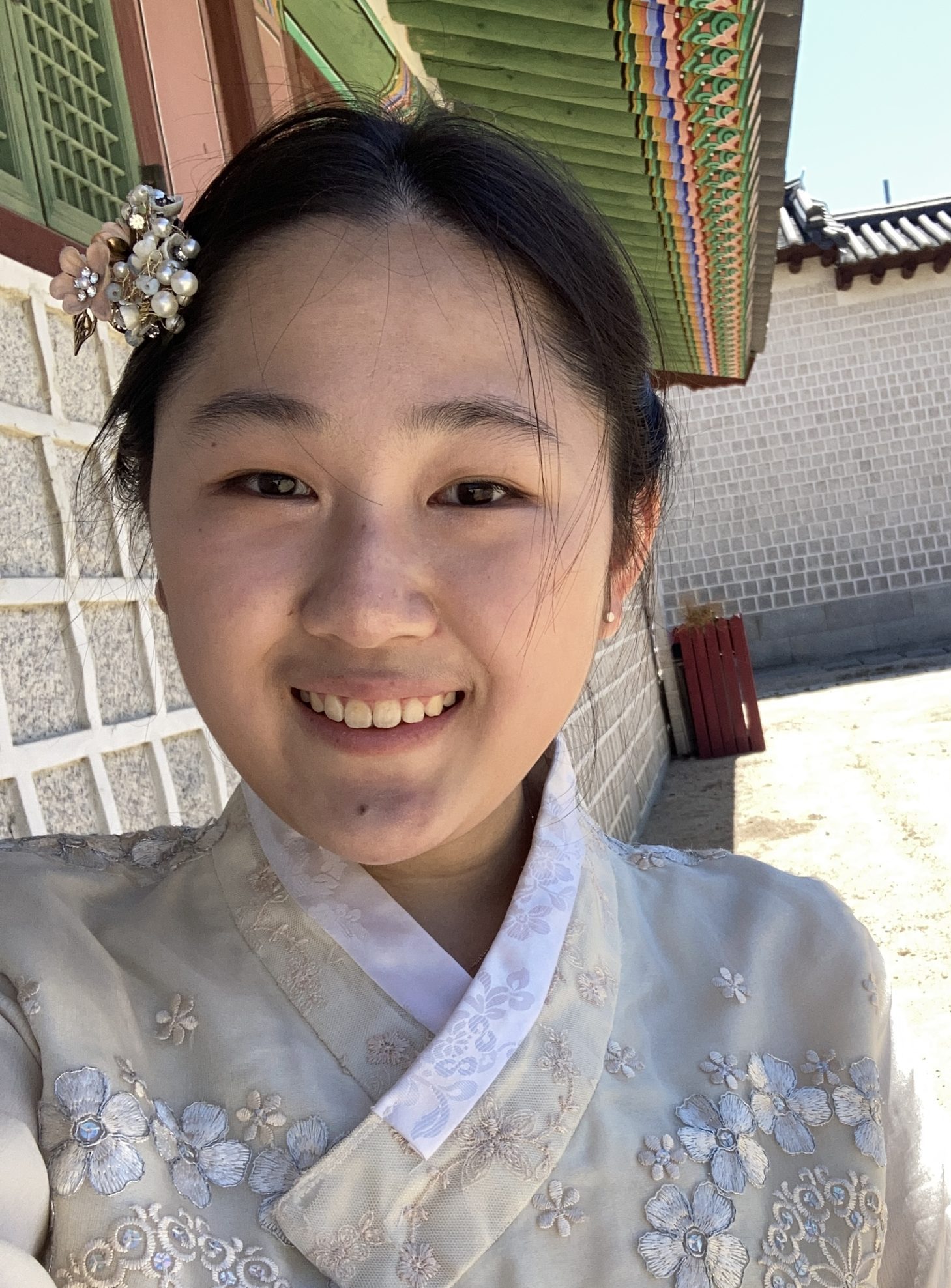
Asuka Joy Tobuse

Sean Lord Irish
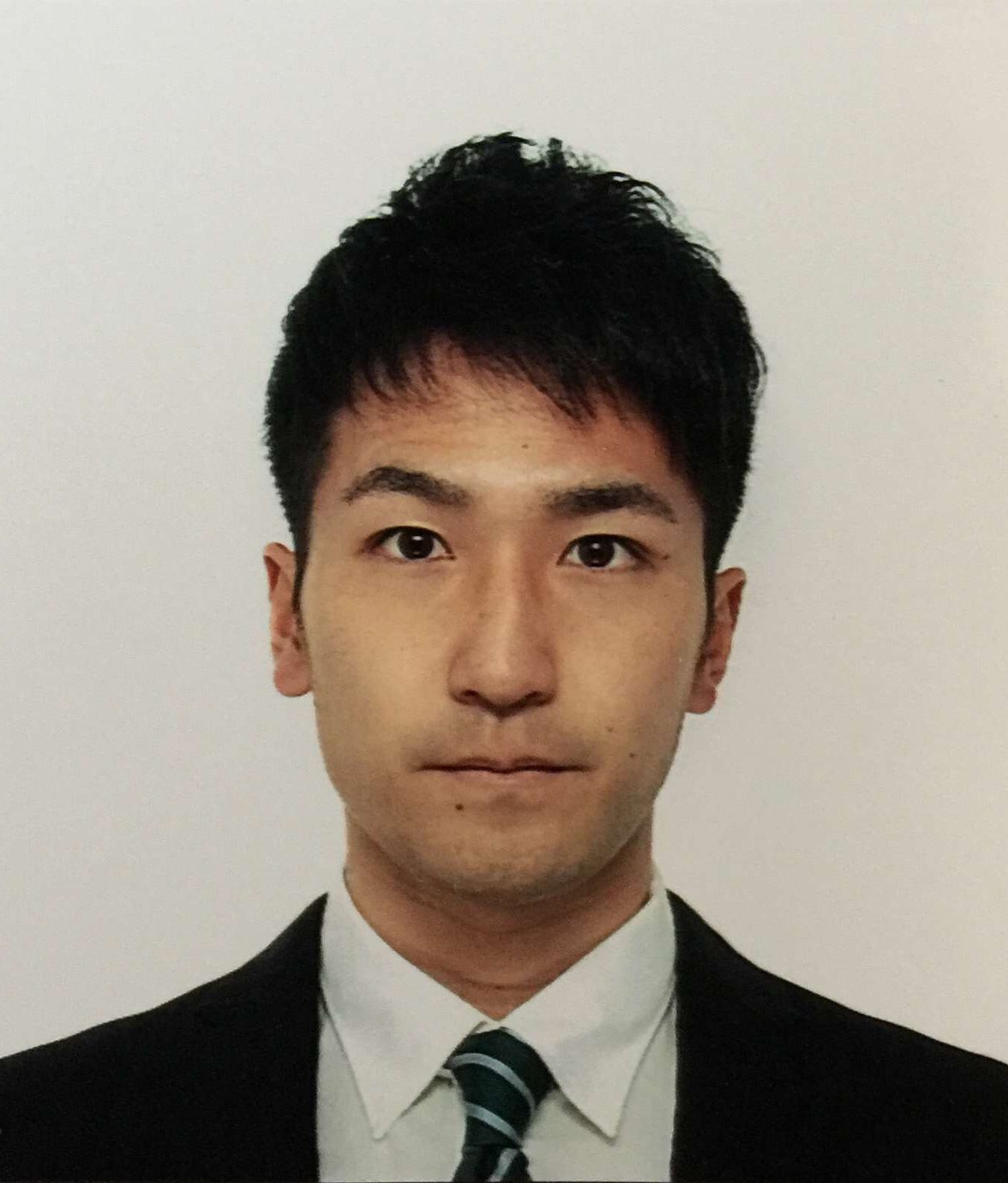
Noritake Kikunishi
Maki Nishino
Seigo Akaeda
Taichi Kojima
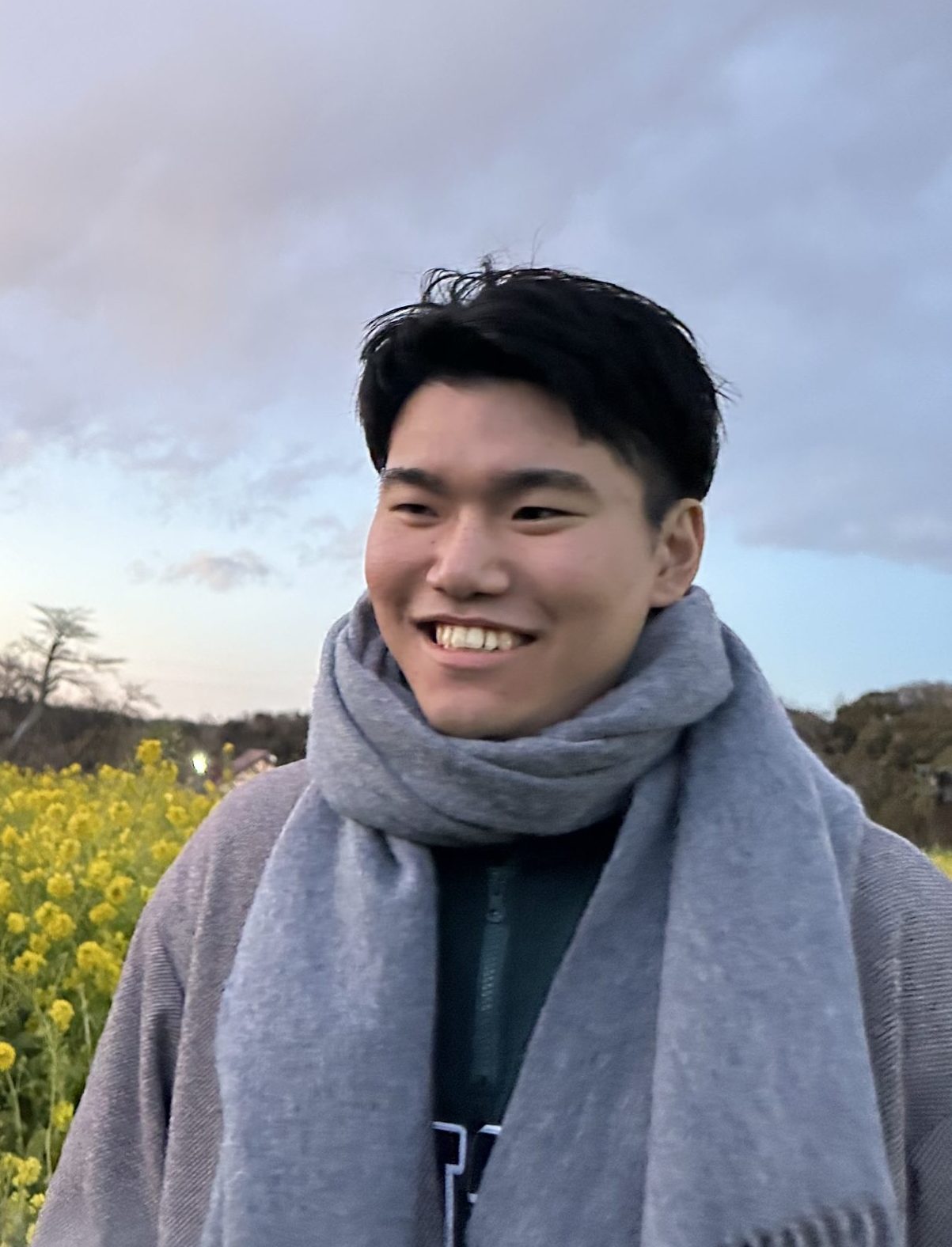
Koki Uotani
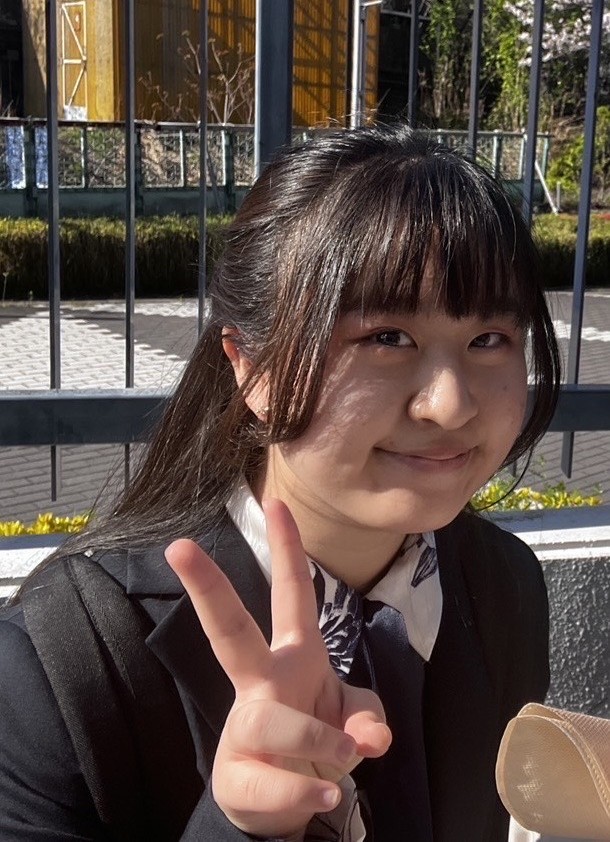
Yuzuki Matsuda
Yui Yamamoto
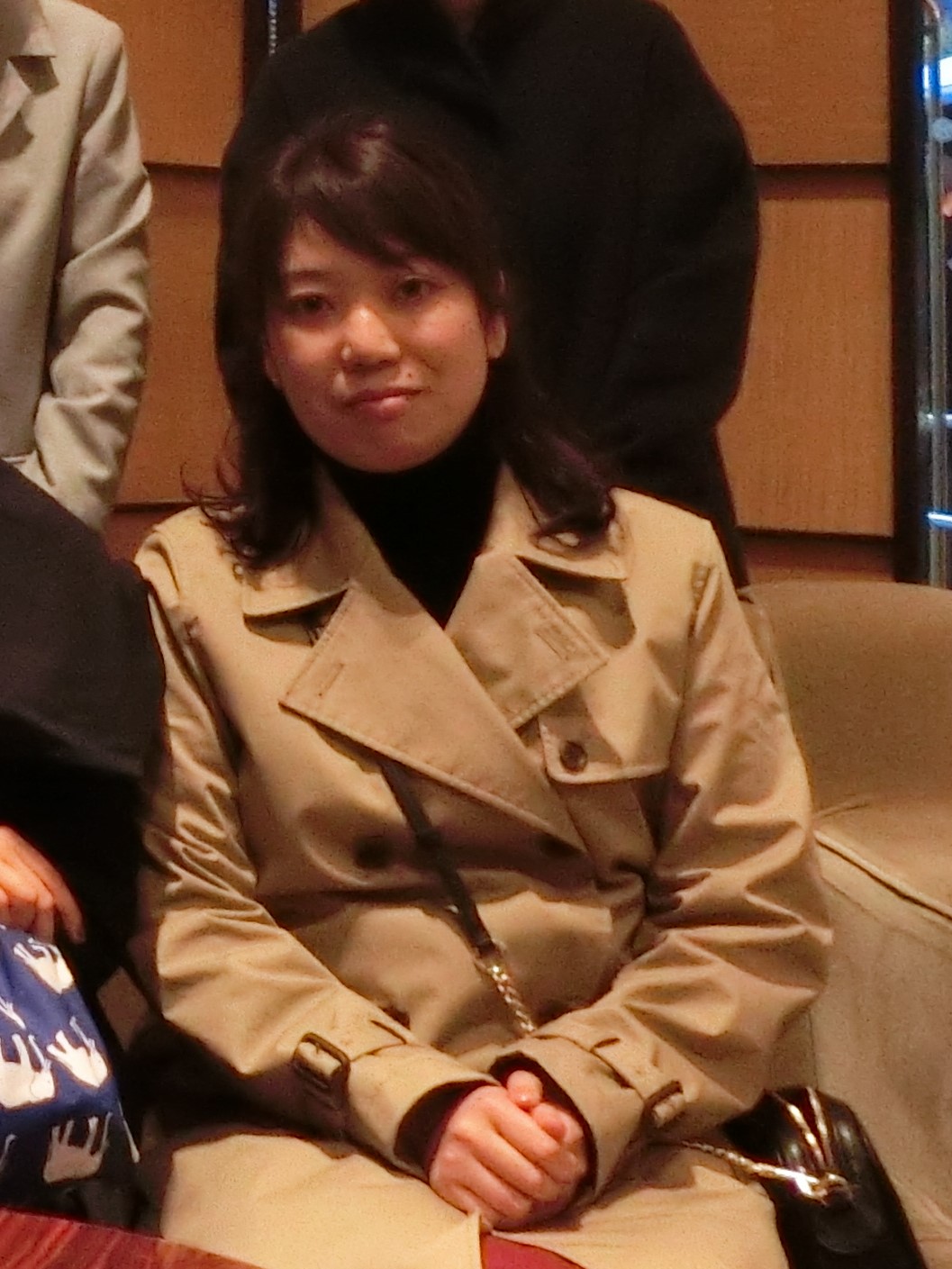
Yoko Watanabe

Eriko Ishihara
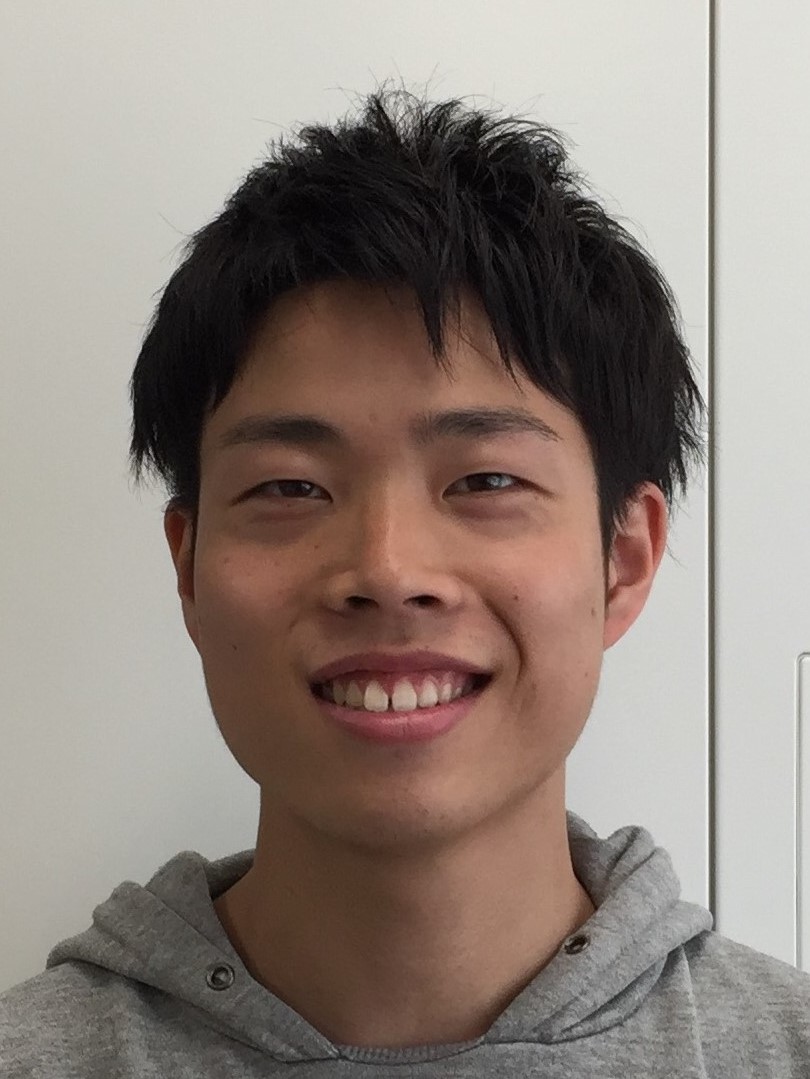
Kou Hioki
March, 2022
March, 2023